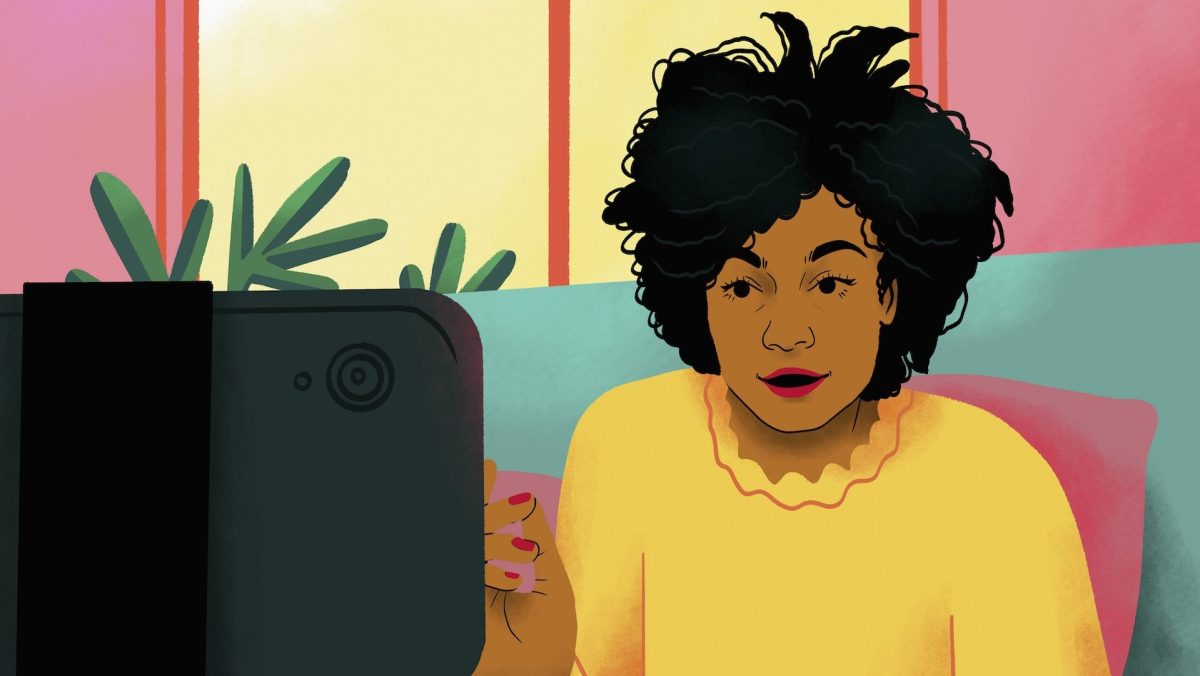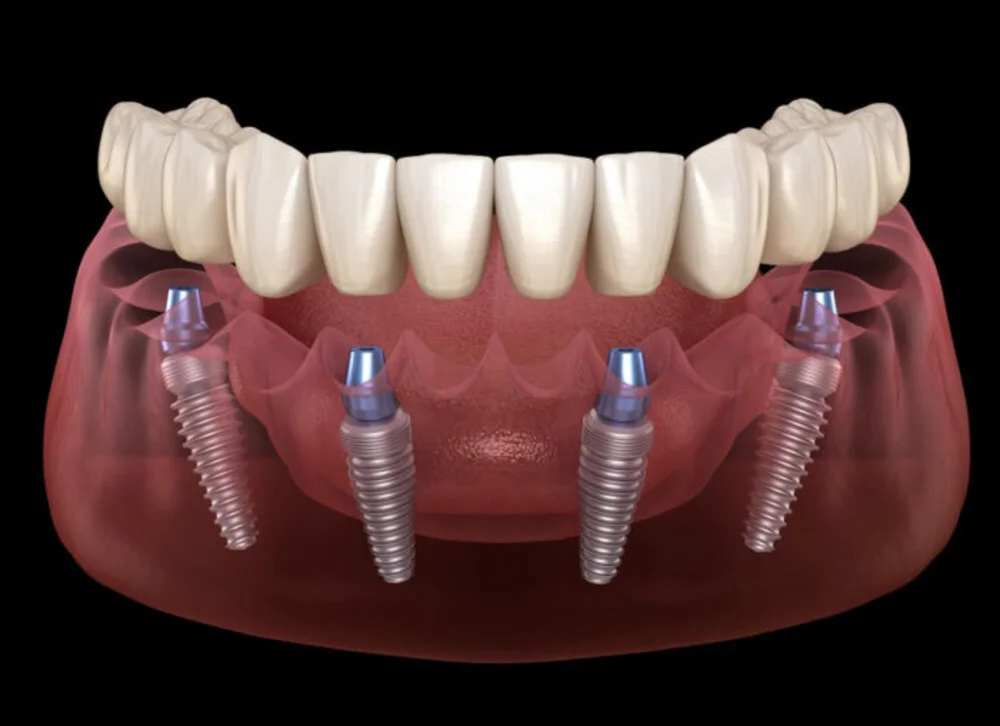With the current nursing shortage, many people are inclined to believe that there aren’t that many nurses in today’s workforce. While this may seem like a safe assumption, estimates put the current number of registered nurses at 4,948,914. This number is bound to change as more nurses leave and enter the workforce, but there’s no denying that the millions of nurses currently working are in high demand.
Nurses play a vital role in the healthcare system. They fill several important roles and perform daily tasks that keep healthcare facilities running and patients well cared for, but not everyone realizes just how much nurses do every day. The tasks completed by nurses are varied, though no less important.
What Role do Nurses Play in Healthcare?
1. Caregiver
A nurse’s primary job is to act as a caregiver to patients. This is what most people imagine when they think of nurses and include administering medicine, monitoring vitals, caring for injuries, and basic bedside care.
This is a role that nurses perform whether they work in a hospital, a nursing home facility, or any other type of medical facility. As a caregiver, nurses can give direct care and attention to patients and ensure they are receiving the help they need whether this is emotional or physical.
Patients spend most of their time with nurses, with a recent study citing as much as 86.14% of the time spent during their visit. As such, nurses come to know their patients extremely well and can create a sense of trust with the patient.
2. Advocate and Intermediary
There may come a time during the patient’s care when the nurse must act as an advocate or intermediary. Over time, a patient may share personal views with the nurse and it’s up to the nurse to ensure that the physicians and other medical staff are respectful of and considerate of these views.
A nurse may need to act as a religious, personal, or cultural advocate for the patient when physicians may not otherwise be informed. If a nurse knows that a specific treatment or care plan will contradict a patient’s beliefs, it’s their job to relay this information to the physician and ensure that the patient’s beliefs and wishes are being respected.
Nurses may also have the job of working with a patient’s family. This might include educating them on a patient’s care or speaking with them about past family medical history that could enlighten them on a patient’s condition.
3. Educator
As health literacy rates in the US are fairly low, patients and their families aren’t always aware of what their diagnosis means or how to go about treatment. It’s up to nurses to educate and inform them about everything from their health to their diagnosis and treatment plan.
Physicians have a deep understanding of medical diagnoses and terminology, but patients do not. What they hear can often sound scary or confusing, so nurses are there to step in and ensure that patients understand everything that they’re being told.
Even after a diagnosis and treatment, many nurses continue to play the role of educators in their communities to help improve the health of those around them. Working to improve health literacy across the country, nurses are key players in helping patients get the care they need and understand their health.
4. Decision Makers
Believe it or not, nurses may act as decision-makers. As they get to know the patient and their family well, they may be asked to step in and make a decision for them during a time when the patient is otherwise unable or unwilling to make a decision. They’ll do so based on their knowledge of the patient’s condition, beliefs, and views.
While nurses cannot and will not force a family to make a decision, it often falls on them to help guide a patient and their family toward a decision. Some families may even ask the nurse to decide for them if it is too painful for them to do on their own.
When nurses act as decision-makers, it’s a sign of how much trust patients and their families put in them. This should come as no surprise, though, as nurses are routinely rated one of the most trustworthy professionals and continue to come out on top in honesty and ethics when rated by consumers.
How to Become a Nurse
Depending on the type of nursing job you want, you’ll need to complete a certain level of education. While RNs only require a BSN (Bachelor’s of Science in Nursing), a CNRA will require a nursing degree. No matter which position you’re looking for, though, here’s a brief glimpse at the education and requirements to become a nurse. To know more about nursing degrees visit nurse.org.
Earn Your BSN
Although originally RNs didn’t need anything more than a license and an associate’s degree, most medical facilities do require RNs to hold a BSN now. As such, it’s recommended that you plan for at least your BSN.
Get Your License
Once you finish your degree, you can take the exam to get your nursing license! You must take the right exam for your state so that you get the proper licensure and can legally practice. In most cases, you’ll be required to pass the NCLEX-RN before you can practice.
Earn Your MSN
If you want to greatly improve your job opportunities and have the chance to increase your salary, earning your master’s in nursing is one of the best ways to do so. Most universities offer either online or hybrid classes as well as on-campus programs, so you can choose the type of program that suits you best.
With your MSN in hand, you can further your career and take on a higher position or a new specialty. A nurse practitioner is a common career path that many MSN graduates pursue and pays quite a bit higher than registered nursing.
Pursue Further Education
Once you have your MSN, you likely won’t need to pursue further education unless you want to be highly specialized or you’re interested in a specific nursing position. Nevertheless, there are numerous training programs and certifications that can help you improve your practice and become a better nurse.
Join a Rewarding Career Field
Nursing is a very rewarding career. Many nurses love what they do even though it may bring challenges. If you want to join a truly rewarding and satisfying career path, nursing is a great way to go!
Read the original article on
































































